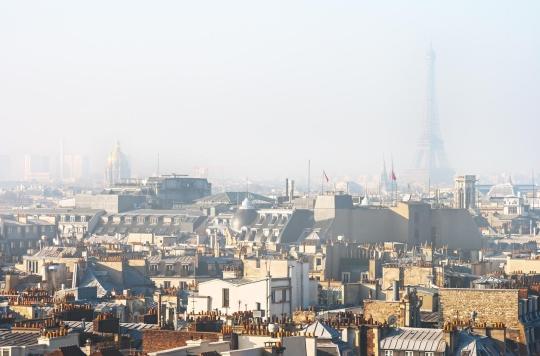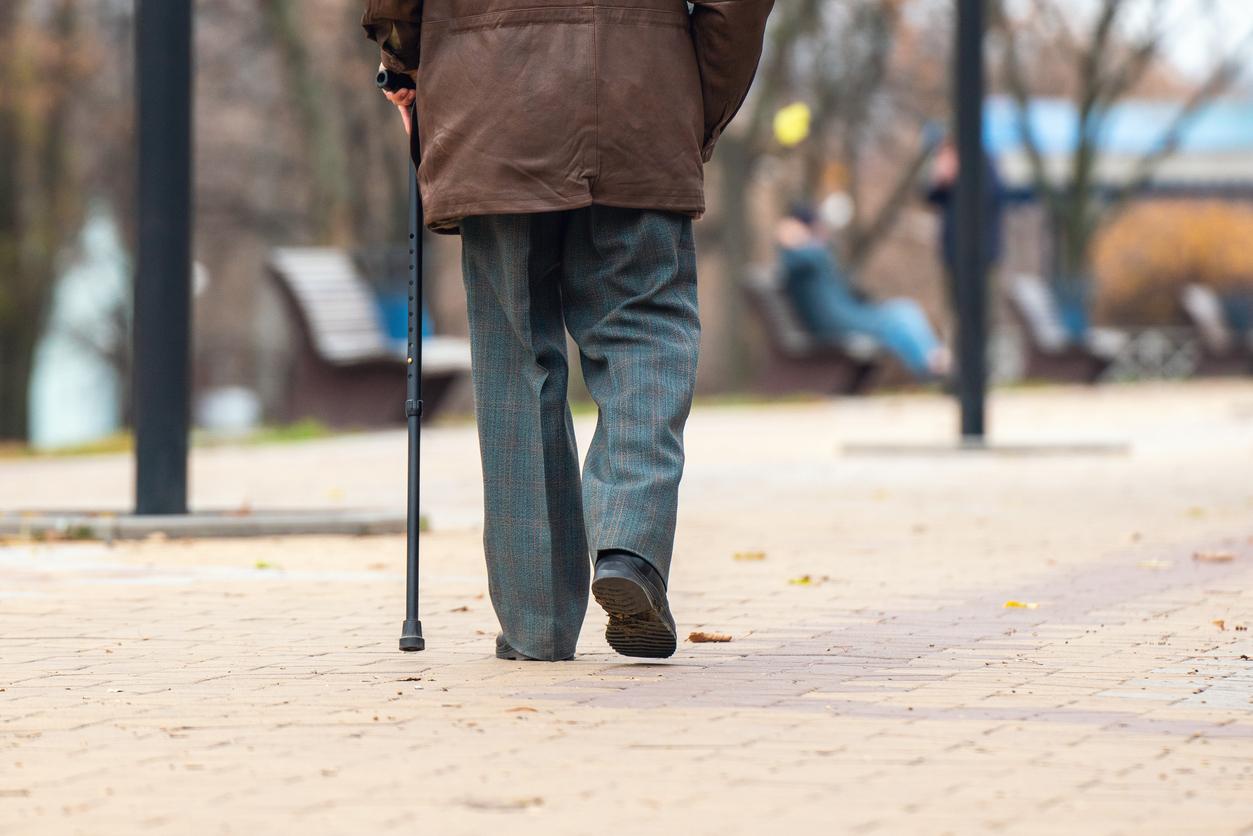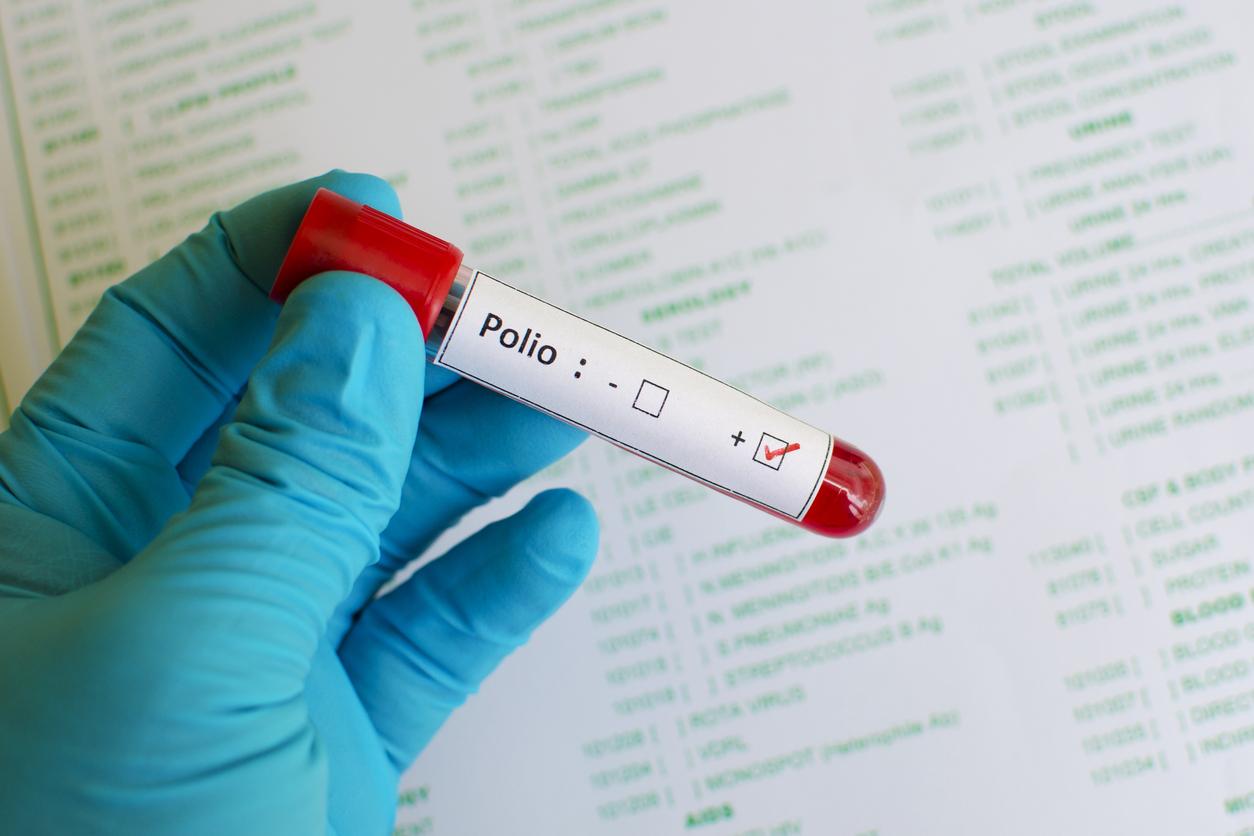Pollution is believed to be the cause of 10% of cancers in Europe, thus causing deaths.

- In Europe, 3 million new cases of cancer are recorded each year.
- “Every year, it is estimated that more than 250,000 deaths are linked to cancer of environmental origin”, according to the EEA.
Every day, many Europeans are exposed to pollutants, present in the environment and in their workplace, which can have a negative impact on their health. “Exposure to air pollution, environmental tobacco smoke, radon, ultraviolet radiation, asbestos, certain chemicals and other pollutants cause more than 10% of cancer cases in Europe” . This was revealed by theEuropean Environment Agency (EEA) in a report published on June 28.
Air pollution causes 9% of lung cancer deaths
Air pollution is responsible for around 1% of cancer cases in European countries and causes almost 2% of cancer-related deaths. For lung cancer, this figure rises to 9% of deaths. According to the study, indoor radon exposure is associated with approximately 2% of cancer cases. As for natural ultraviolet radiation, it is responsible for nearly 4% of cancer cases in Europe. According to the results, people who have never smoked and who are exposed to environmental tobacco smoke are 16% more likely to suffer from cancer.
“Certain chemical substances (lead, arsenic, chromium, pesticides, bisphenol A, etc.) used in workplaces in Europe and released into the environment are carcinogenic and contribute to causing cancer. (…) All forms of asbestos are well-known carcinogens (…) Asbestos is responsible, according to estimates, for 55 to 88% of occupational lung cancers”can we read in the report.
Cancer risks that can be reduced
The European Environment Agency has estimated that these carcinogenic risks could be avoided by eliminating pollution and changing behaviour. Risk factors that can be reduced account for around 40% of cancer cases in Europe. To reduce environmental and occupational risks, it is necessary to understand their nature, their sources, their extent, their routes of exposure and their effects.
“Reducing pollution through the EU’s Zero Pollution Action Plan and the Chemicals Sustainability Strategy, together with the rigorous implementation of other existing European policies, would greatly contribute to reduce the number of cancers and deaths”, said Hans Bruyninckx, director of the EEA.

















